Resources for specific populations
What can I do?
It’s important to remember that your support can go a long way in getting your loved one the help they need. Your support can help reduce the stigma, meaning shame, bias, or societal discrimination, of their drug use. This can help them get the support they need to live a healthier life. If someone you care about is using drugs, you can do some things to help.
Help your loved one be safe
There are ways that you can help keep your loved one safer when using.
- Learn the signs of an overdose, and be prepared to call 911. Rhode Island’s Good Samaritan Law provides legal protection when you call 911 when someone is overdosing, whether you have drugs on you or not.
- Always have naloxone, an overdose-reversing medication, nearby. Naloxone is available without a prescription from a healthcare provider at any Rhode Island pharmacy. It is also available for free on PreventOverdoseRI.org, and can be shipped directly to your home.
- Connect your loved one to care. Even if your loved one does not want to seek treatment for substance use, encourage them to visit the doctor or clinic to be tested for hepatitis C and HIV, or have other health conditions treated.
- Share information about harm reduction resources. You can also connect your loved one to local resources for safer drug use in our state to make sure they have the supplies they need, such as clean needles and fentanyl test strips. These resources can help your loved one practice safer drug use.
If your loved one is seeking treatment
It’s important to know what resources are available when your loved one is ready for help. There are treatment options available for opioid addiction, which includes medications like buprenorphine or methadone. There are also recovery resources for your loved ones who have begun their recovery. You can download a guide of statewide treatment and recovery resources compiled by the Rhode Island Department of Health.
Connect and find support for yourself
You are not alone. There are many people across the state who are concerned for their loved ones who are actively using. There are local groups and events that can help you connect with others.
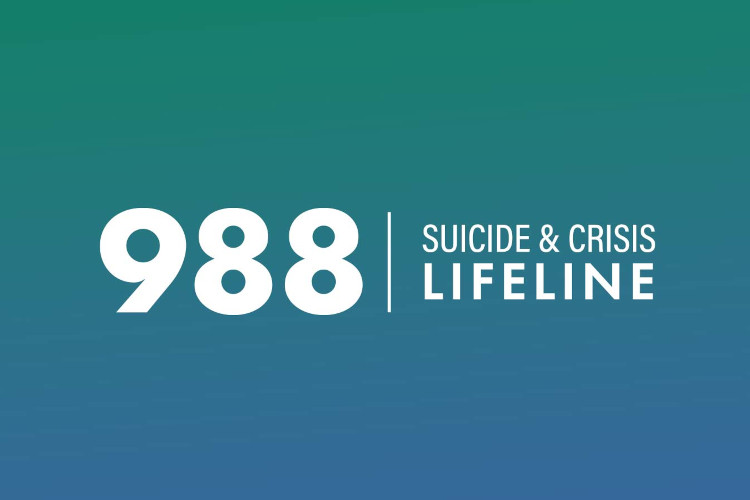
- Call or text The 988 Lifeline or chat 988lifeline.org to talk with a local licensed counselor for free. The Lifeline is open all day, every day. Hablamos español
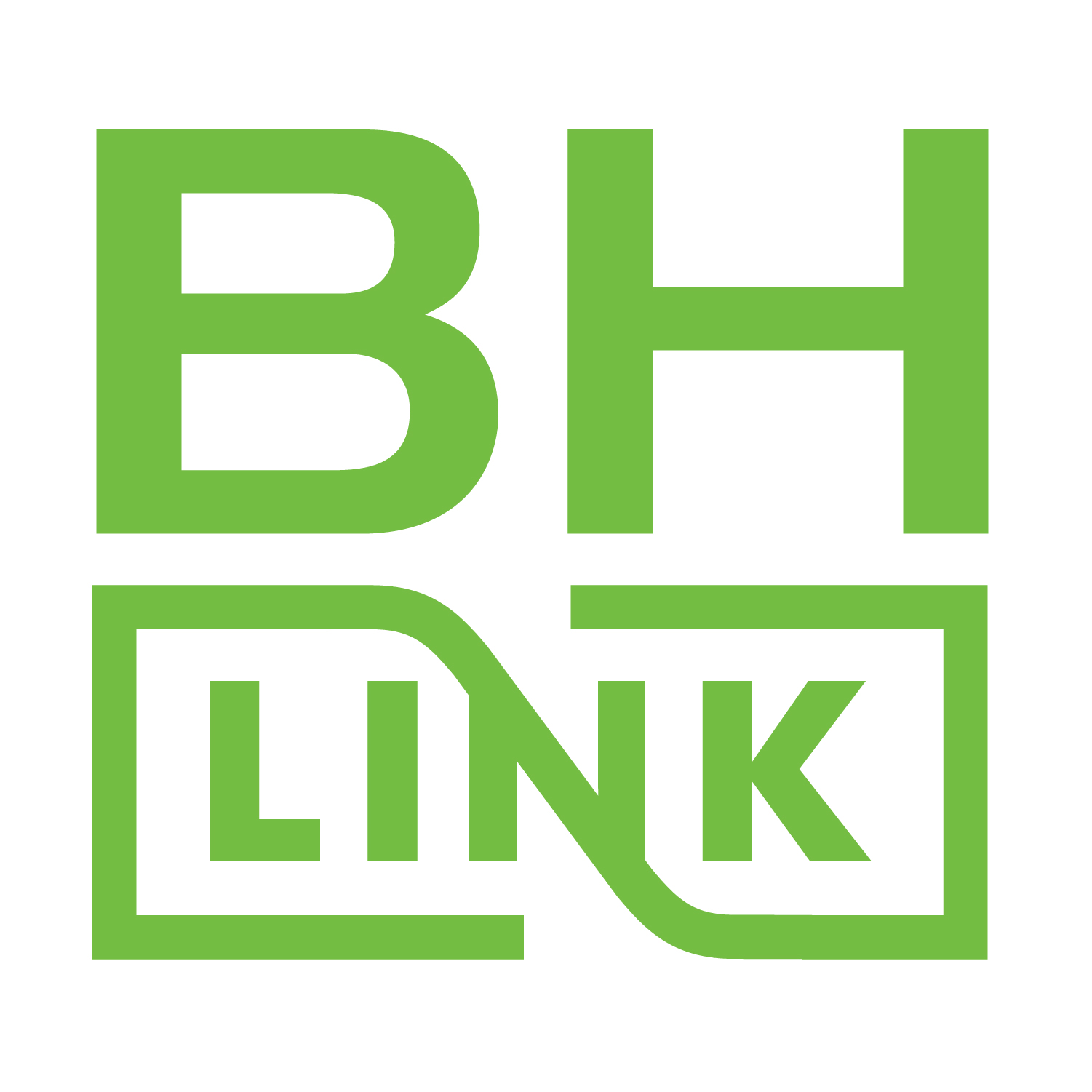
- You can also stop by the 24/7 BH Link Walk-In Triage Center at 975 Waterman Ave., East Providence, Rhode Island.
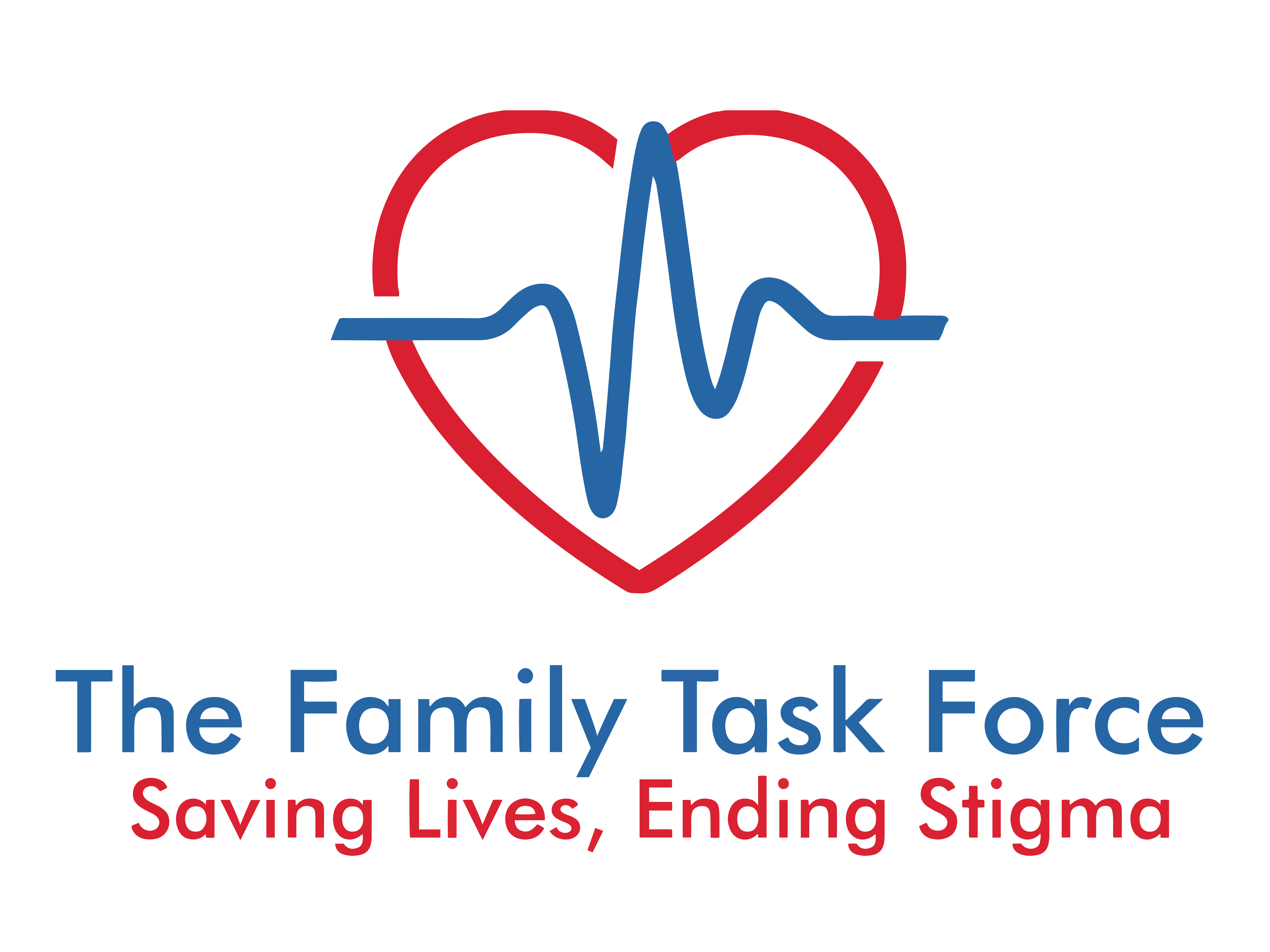
- The Family Task Force – The Family Task Force is a group of families that provides support, education, and advocacy for substance use prevention, treatment, and recovery. Learn about ongoing meetings.
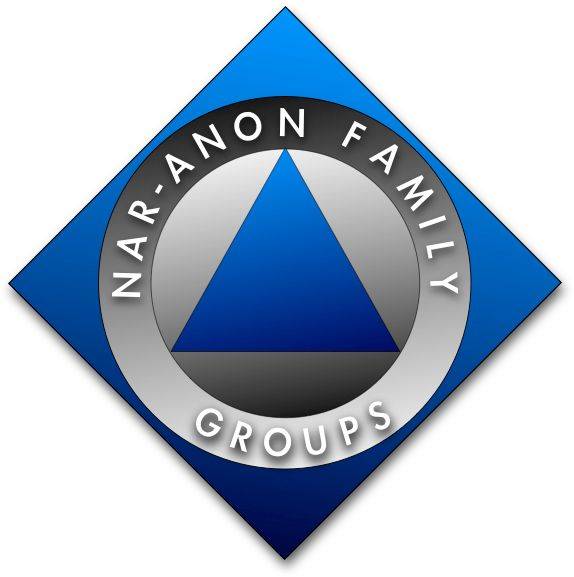
- Nar-Anon Family Groups – Nar-Anon Family Groups is an organization for family and friends of people who use drugs. Learn about ongoing meetings.
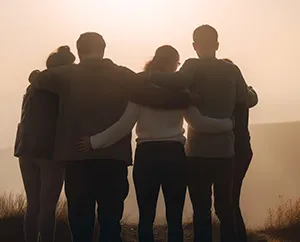
- Resources Education Support Together (REST) – REST is a local group offering connection to individuals and families who are experiencing a substance use condition. This group, sponsored by RICARES, provides education and support from fellow Rhode Islanders who understand. Get connected to REST’s ongoing meetings.

- Rhode Island Health Equity Zones (HEZs) Initiative – The HEZ Initiative encourages and equips neighbors and community partners to collaborate and create healthy places for people to live, learn, work, and play. Learn more about the HEZ Initiative and check out a list of HEZ contacts around the state.
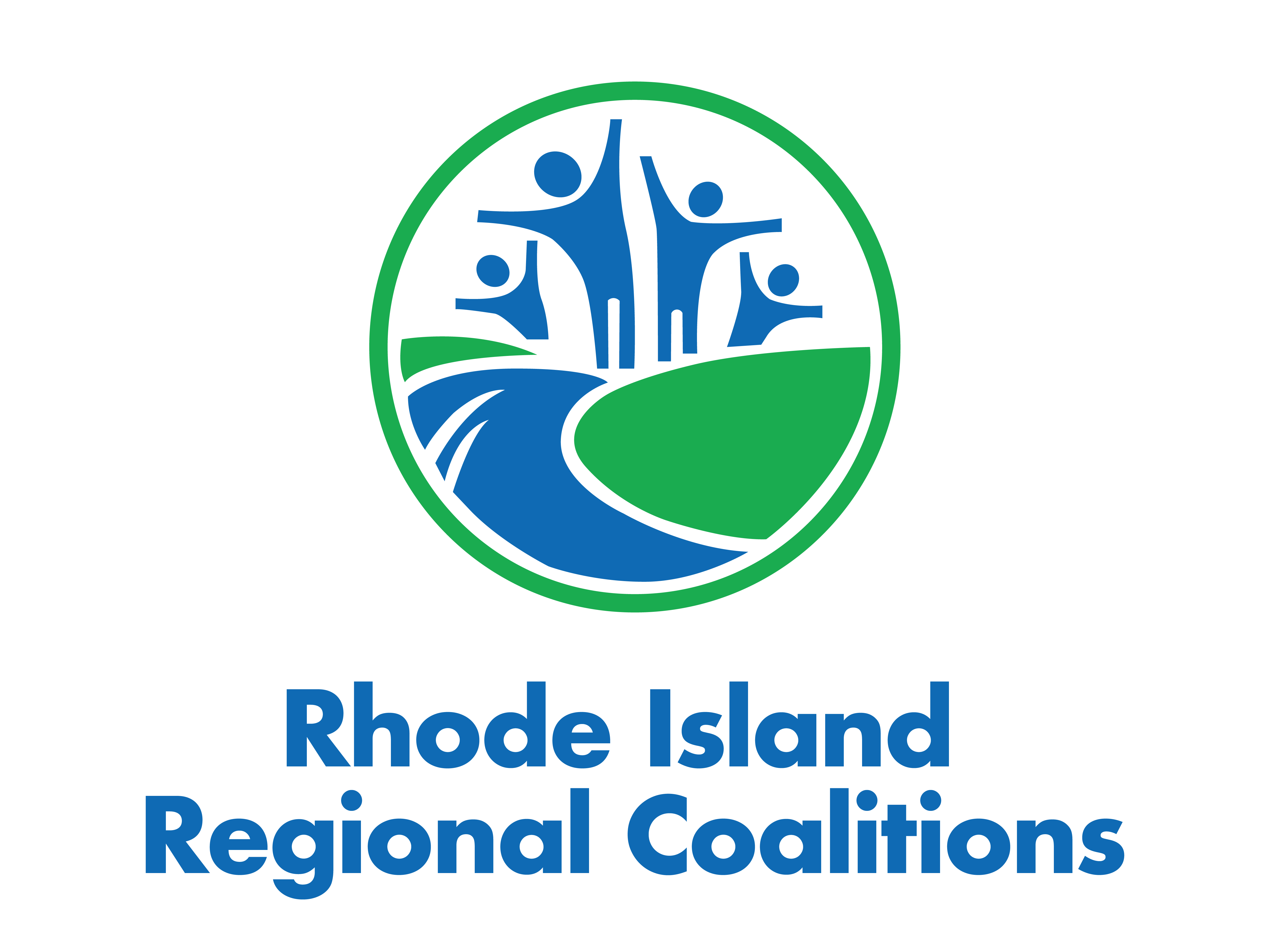
- Rhode Island Regional Prevention Coalitions – The Coalitions are a collaborative effort to provide substance use prevention education, training, and mental health advocacy for youth and families in Rhode Island. Get connected to your nearest coalition.

- Rhode Island Department of Health Substance-Exposed Newborns (SEN) Program – The goal of this program is to support pregnant and postpartum people who use substances. The SEN program also offers care to local families affected by substance use during pregnancy. This program provides support for recovery, treatment, mental health counseling, screenings and referrals.
Resources for Specific Populations
For parents or caregivers
If you need to talk to your teen about their own drug use, follow these tips for how to prepare for the conversation. You can also download this e-book made just for families with teens or young adults who are living with drug use–like prescription pills, heroin, or fentanyl.
It is important to keep all medicines, both prescription and over-the-counter, in a safe place, such as a locked cabinet or box — Nearly half of teens who have used prescription drugs reported getting them from their parent’s medicine cabinet. Tell relatives, especially grandparents, to lock up their medicine or keep them in a safe place. Follow these three steps to safely store medications in your home. If you’re finished with a prescription medicine and you have pills left — or if you have any unused prescriptions around the house — The best thing to do is bring them to a drug disposal box or take-back event. Use our map to find a disposal box near you.
Use our map to find out where you can get naloxone in Rhode Island. When you buy naloxone at a pharmacy, the pharmacist will show you how to use it. You can also take an online training and request free naloxone here.
For teachers
Teens learn from what they are taught at school. This website from the National Institute on Drug Abuse offers short videos, infographics, and other resources that teachers can use in class to get their students involved and talking. The website also provides free activity plans for lessons on critical thinking, the body on drugs, media, peer pressure, friends and more. Strategic Prevention Partnerships (FKA The Newport Prevention Coalition) also has an Opioid Epidemic Practical Toolkit for faith and community leaders available on their website.
The Strengthening Families Program is for elementary school children and uses family systems and cognitive-behavioral approaches to improve family relationships, parenting skills, and youth’s social and life skills.
Seven Challenges is a comprehensive treatment program that is designed to motivate youth and young adults to evaluate their lives, consider changes that they may/wish want to make and help them succeed in implementing the desired changes. Seven Challenges was developed for the 12-17 and 18-25 year old population.
In Rhode Island, law requires naloxone to be in all public middle, junior high and high schools. Talk to your school nurse or use our map to find out where you can get naloxone. When you buy naloxone at a pharmacy, the pharmacist will show you how to use it. You can also take an online training and request free naloxone here.
For faith leaders
Strategic Prevention Partnerships (FKA The Newport Prevention Coalition) has an Opioid Epidemic Practical Toolkit for faith and community leaders available on their website.
Use our map to find out where you can get naloxone in Rhode Island. When you buy naloxone at a pharmacy, the pharmacist will show you how to use it. You can also take an online training and request free naloxone here. Preventing Overdose and Naloxone Intervention (PONI) offers group naloxone trainings. Request a training here.
Attend the monthly Governor’s Overdose Prevention and Intervention Task Force meeting, and consider joining a work group.
Rhode Island has a Support Line for people who want to talk about substance use. If you have questions or want to learn more, you can call 988 to talk to a local licensed counselor for free. Rhode Island offers buprenorphine, a medicine used for opioid addiction, over the phone. You can find out more information by calling the Buprenorphine 24/7 Hotline at 401-606-5456.
